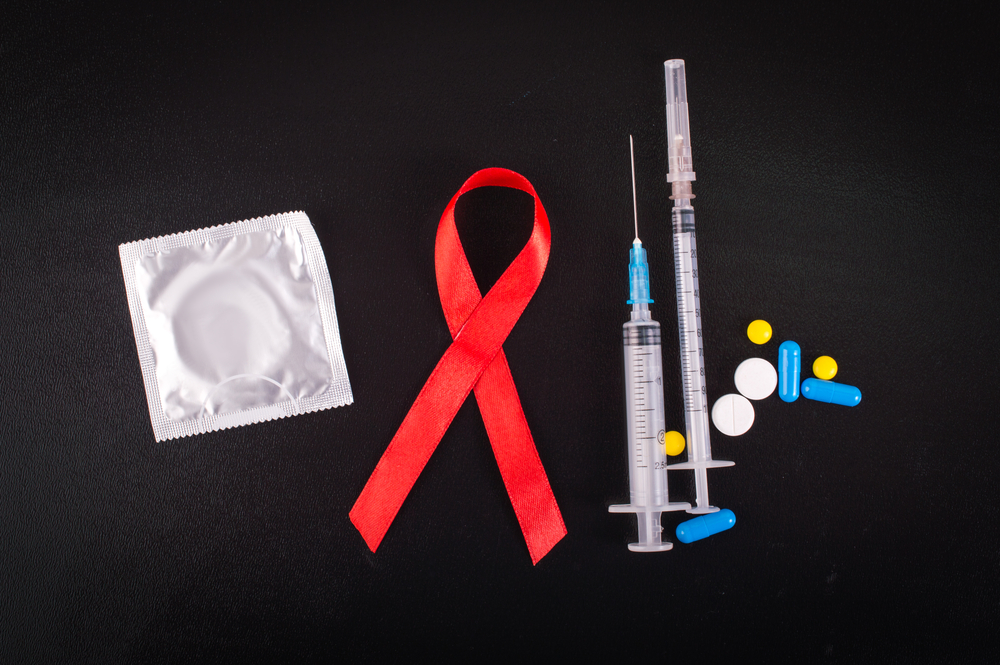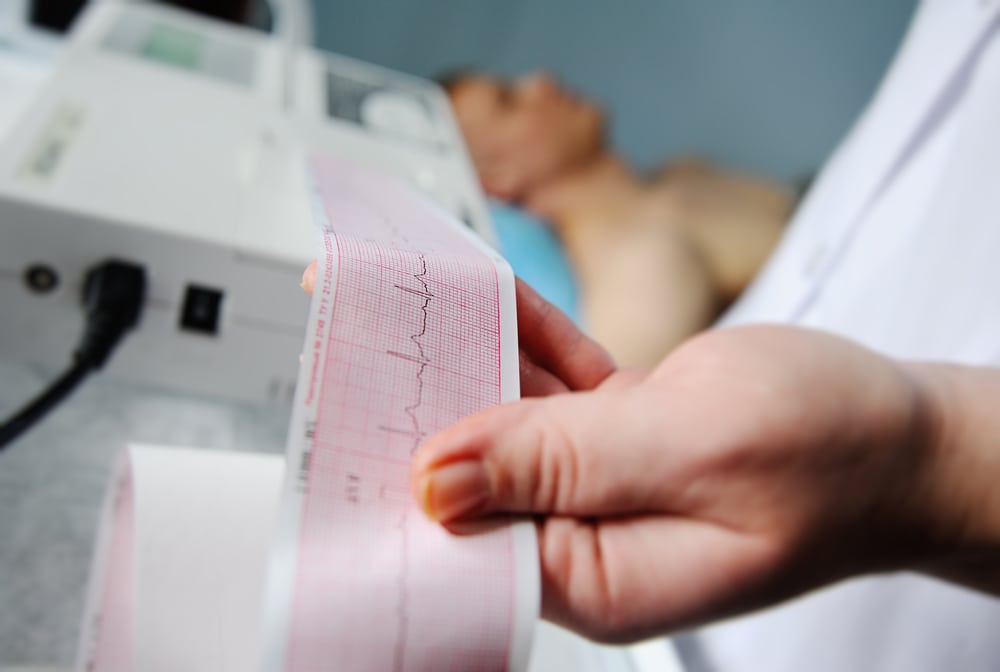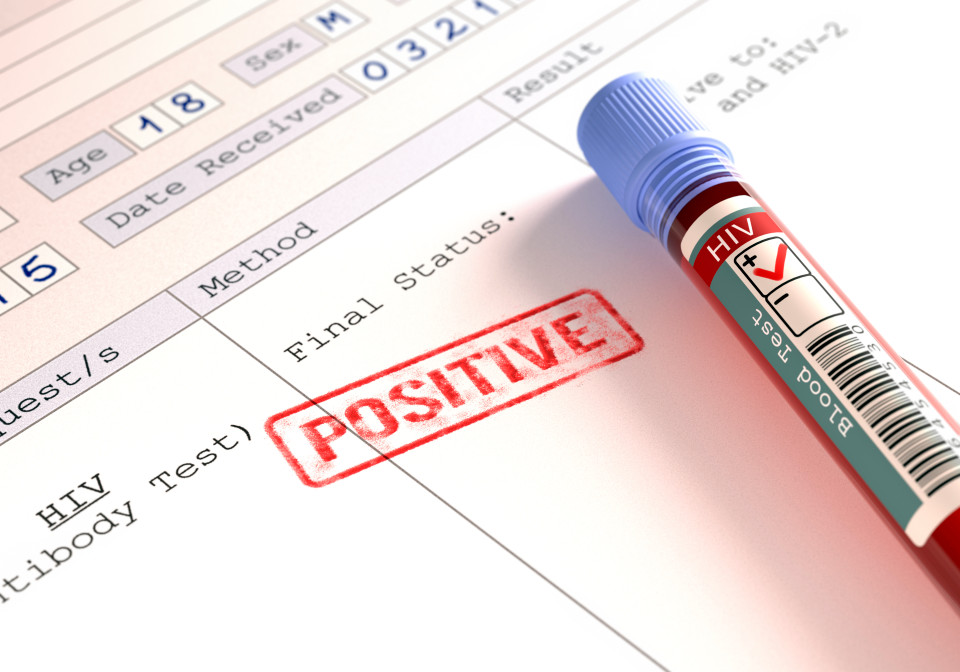Contents:
- Medical Video: 6 Weeks Pregnant: A Complete Guide on Fetal Development
- Embryo growth
- Changes in the Body
- What are the changes in the mother's body at week 6?
- Visit to Doctor / Midwife
- What do I need to discuss with the doctor on week 6?
- Health and Safety
- What do I need to know to maintain health and safety during pregnancy?
Medical Video: 6 Weeks Pregnant: A Complete Guide on Fetal Development
Embryo growth
How is the development of the fetus 6 weeks into my pregnancy?
In the development of the fetus 6 weeks, your baby is as big as a nut with a size of 2-5 mm from the top of the head to the buttocks.
This week, the fetus's brain and nervous system develops very fast. The development of his eyes has begun to form with a marked dark spot. While the ears look like a small curve on the side of the head.
The fetal heart starts beating and can be detected through ultrasound. The baby's digestive and respiratory systems will begin to form properly. The stem cells will develop into the forearm of the arms and legs.
Changes in the Body
What are the changes in the mother's body at week 6?
At this stage of fetal development 6 weeks, you may feel more signs of pregnancy than last week. Here are some tips to help you through this period.
- Watch your body. If you feel tired immediately take a break. Don't force yourself to work or do other physical activities.
- Ask for assistance. Don't hesitate to ask your husband for help. If necessary, convey what you are feeling to your partner. If a friend or family offers help don't refuse it.
- Enough sleep. If you are constantly drowsy, spend more time sleeping. If possible, go to bed early so that you can sleep longer.
- Eat regularly. To maintain energy, you need a fuel supply from food. Make sure you meet your protein and carbohydrate intake during pregnancy. Also, make sure you get enough calories.
- Nausea can make you not appetite. Choose foods that are easy for you to eat such as porridge and soup. Add a little ginger to help reduce nausea.
- Keep moving. Pregnancy is not an excuse for not doing any activity at all. Try to keep moving by doing a variety of light and easy physical activities. You can walk for 30 minutes or swim in the morning. This will energize you and help you sleep better at night.
Consult your doctor if your fatigue does not diminish or get worse. There may be other causes for your fatigue. Doctors can provide the right diagnosis.
Maintain pregnancy at 6th week
You may be worried about your frequent urination. Don't worry because this is very normal. HCG pregnancy hormones cause you to urinate frequently. This increases blood flow to the kidneys to remove dirt from your body and your baby. Remember, you urinate not only for you, but also for the baby.
Here are some tips that can be done to support fetal development 6 weeks:
- Lean forward when urinating. This helps empty the bladder. When you have finished urinating, urinate again to make sure that your bladder is completely empty, so as not to go back and forth to the bathroom.
- Many drink. Don't be afraid to drink because you often urinate. Because, your body and your baby need lots of fluids during pregnancy, plus dehydration can cause urinary tract infections.
- Avoid caffeine. Caffeine causes you to urinate more often.
These symptoms are very disturbing, but urinating can help remove all the dirt from your body and your baby.
Visit to Doctor / Midwife
What do I need to discuss with the doctor on week 6?
In the development of the fetus 6 weeks of pregnancy, the euphoria of pregnancy can turn into fear. There are many fears that may come to you, especially if this is your first pregnancy.
This is normal. Don't feel depressed. The doctor can assure you that your baby is fine. If you experience signs and symptoms that are felt to be unnatural, immediately consult a doctor.
Tests that may be needed at gestational age 6 Sunday
You will undergo a physical test when visiting a doctor such as weighing your weight, height, blood pressure, and overall health.
Some blood tests can be done during the first visit to determine your blood type (A, B, AB or O) and Rh factor (Rh positive or Rh negative), and determine whether you still have immunity to some diseases from previous immunizations, such as rubella and hepatitis B.
Health and Safety
What do I need to know to maintain health and safety during pregnancy?
1. Risk of miscarriage
A study estimates that 10-20 percent of pregnant women are at risk of having a miscarriage.Usually, the cause of early miscarriage is a chromosomal abnormality or several problems in embryo development. Other causes of early miscarriages are:
- Abnormalities on chromosomes from father / mother or both
- Blood clotting disorders
- Cervical or uterine abnormalities
- Unbalanced hormones
- The immune system damages the embryo transplant process
If you are worried about a miscarriage, focus on taking care of yourself and the fetus. Stay away from things that can trigger miscarriages, such as smoking and drinking alcohol.
2. Certain vitamin abuse
Although pregnant women need a lot of nutrition, consuming too many vitamins is also not good for you. In some cases, vitamins can even be harmful to you and your ingredients.
Consult with your doctor about the medicines you are using. Too many drugs, even though the drug is considered very safe and without prescription, it is still not safe for pregnant women.
So next week what kind of fetus will it grow?












